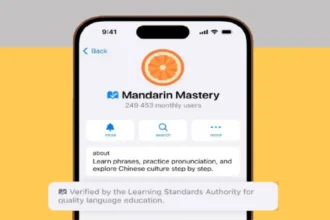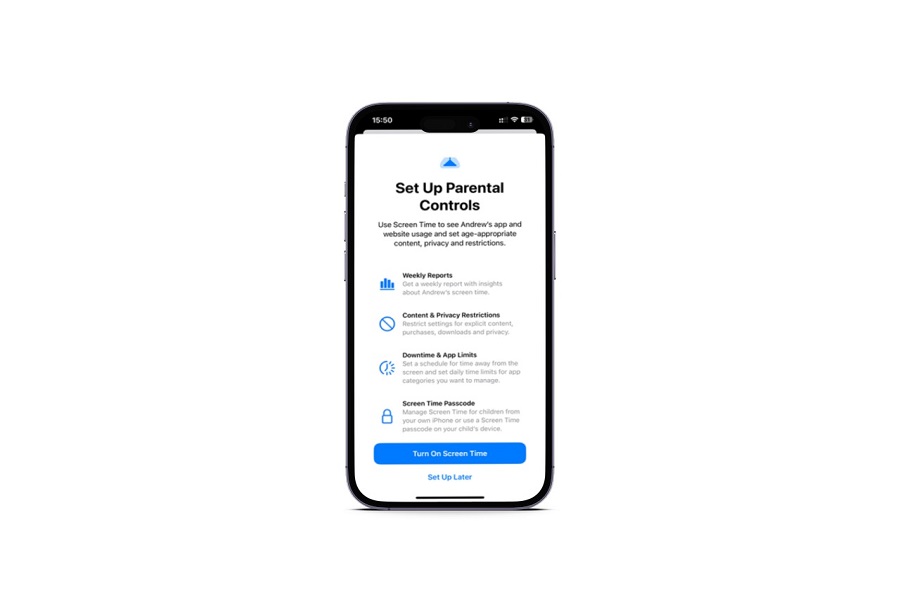In today’s digital age, it’s more important than ever for parents to be aware of what their children are doing online with their iPhones or iPads. With the use of parental control software, parents can monitor and manage their child’s internet activity, helping to protect them from the risks that come with being online. There are a variety of parental control software options available, including those that come with iOS devices, as well as third-party options like Bark, Aura, and Qustodio. Now if you’re not sure of which third-party app to choose, you might want to go to Google and enter words like Bark app reviews, Aura parental control ratings, Qustodio review, and the like to see how these apps differ and if they are matched to your needs.
One of the primary benefits of parental control software is the ability to monitor and manage your child’s internet activity. This can include tracking their internet usage, restricting access to certain websites, and even setting time limits for screen time. By using parental control software, parents can help ensure that their child is not exposed to inappropriate content online and that they are using the internet in a safe and responsible way.
One popular option for parental control software is the in-house option provided by iOS devices. Apple’s Screen Time feature allows parents to set limits on their child’s usage of their iPhone or iPad, including setting a daily time limit, blocking access to certain apps or websites, and even preventing downloads of new apps without parental approval. This feature can be a helpful tool for parents who want to limit their child’s screen time or ensure they are not accessing inappropriate content.
Another option for parental control software is third-party options like Bark, Aura, and Qustodio. These options offer more comprehensive features than what is available with the in-house option provided by iOS devices. For example, Bark allows parents to monitor their child’s activity across multiple social media platforms, including Facebook, Instagram, and Snapchat. The software uses advanced algorithms to alert parents of potentially harmful content, including cyberbullying, sexting, and signs of depression. Aura offers similar monitoring and alert features, as well as the ability to set usage limits and restrict access to certain websites. Qustodio offers similar features, including the ability to monitor social media activity and set usage limits, as well as the ability to track location and monitor SMS messages.
While the benefits of parental control software are clear, there are some potential drawbacks as well. One concern is the potential impact on a child’s privacy. While it’s important for parents to monitor their child’s internet activity to ensure their safety, it’s also important to respect their privacy and autonomy. Parents should have open and honest conversations with their child about the use of parental control software and ensure they understand the reasons behind its use.
Another potential drawback is the possibility of circumvention. Some tech-savvy children may find ways to bypass parental control software, which can lead to a false sense of security for parents. It’s important for parents to stay informed about the latest technology and be aware of any potential workarounds that their child may use to bypass the software.
The use of parental control software can have a significant impact on a child’s digital life. By monitoring their internet activity and restricting access to certain content, parents can help ensure their child is safe and responsible online. However, it’s important for parents to use this software responsibly and to balance the need for protection with the need for privacy and autonomy. By having open and honest conversations with their child and staying informed about the latest technology, parents can ensure their child is using the internet in a safe and responsible way.






